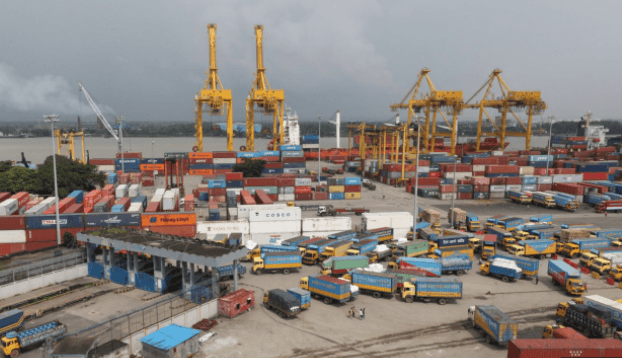In a strategic maneuver aimed at propelling sustainable economic growth, Bangladesh has unfurled its inaugural logistics policy, heralding a new era of efficiency and competitiveness in trade and investment spheres.
Crafted to harness the potential of a modern, eco-friendly logistics ecosystem, the policy, published in the Gazette by the Prime Minister’s Office on April 28, underscores Bangladesh’s commitment to fostering a conducive environment for domestic and global commerce. The policy articulates a vision of a world-class, technology-driven logistics infrastructure designed to slash delays and costs while adhering to global standards. By championing the construction of a time and cost-efficient system, Bangladesh aims to bolster its trade and investment capacities, paving the way for sustained economic prosperity. To ensure seamless implementation and oversight, the policy delineates the establishment of two pivotal committees the National Council for Logistics Development (NCLD) and the National Logistics Development and Coordination Committee (NLDCC). Led by the Prime Minister and the principal secretary respectively, these committees will spearhead policy formulation, amendments, and progress monitoring.
Acknowledging prevalent challenges such as high logistics costs, the policy outlines strategic reforms aimed at catapulting export earnings by a staggering 19%. Central to this ambition is the optimisation of multi-dimensional transport systems, with a targeted reduction of road transport reliance from 77% to 60%, alongside bolstering waterway and railway networks. Action plans embedded within the policy span a spectrum of initiatives, including infrastructure development, connectivity enhancement, and trade procedure streamlining. Notable proposals entail the integration of airports, seaports, economic zones, and industrial areas via robust highway and railway networks. Furthermore, the policy advocates for the modernisation of seaport equipment, expansion of inland container depots, and rationalisation of port charges to enhance operational efficiency. Emphasising the pivotal role of the private sector, the policy underscores the importance of public-private partnerships in surmounting obstacles hindering logistics operations.


